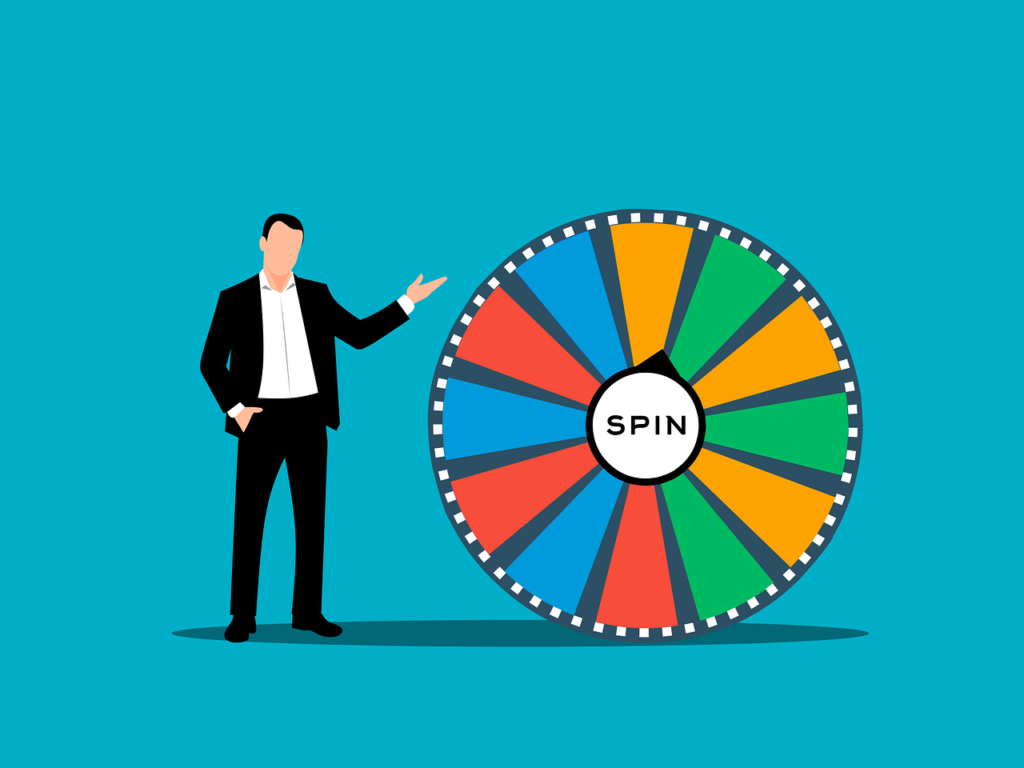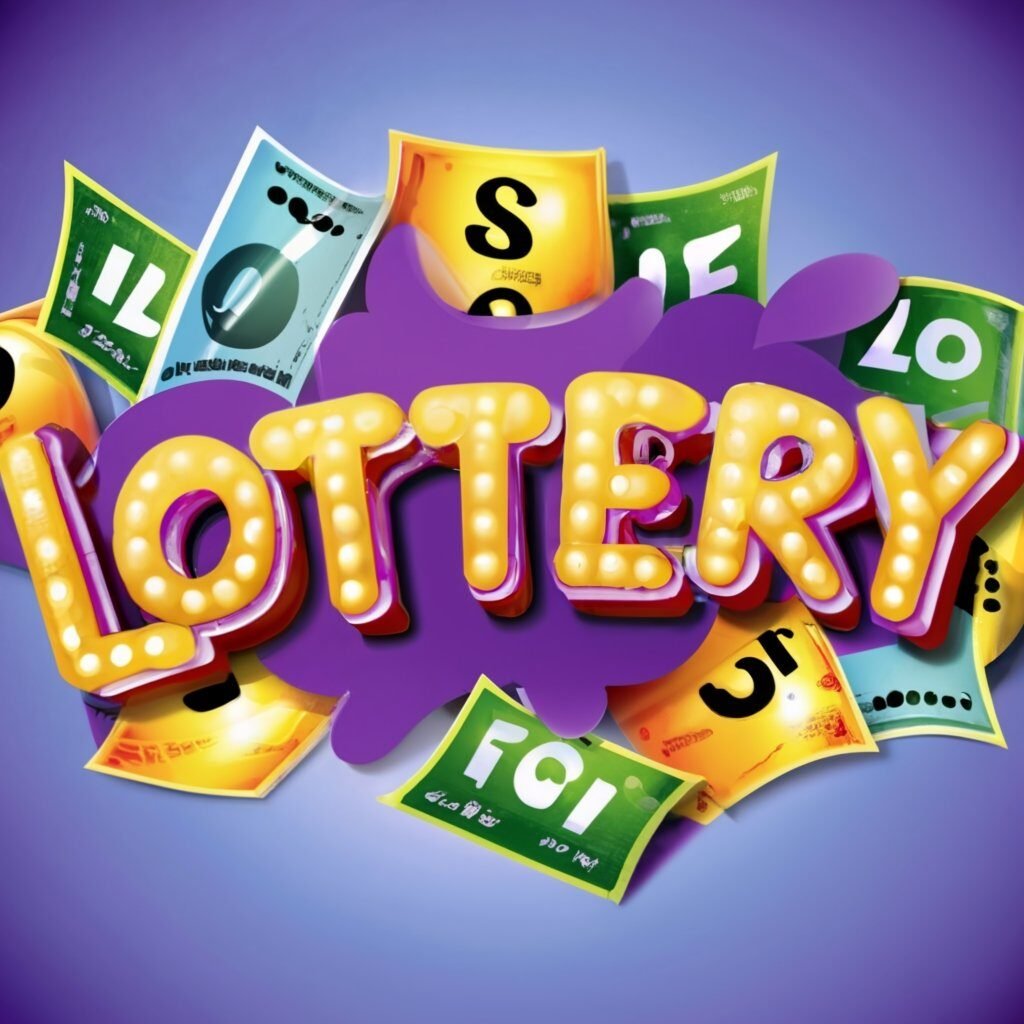Are you curious about how the lottery works? In this article, you will discover the intricate mechanisms behind this popular game of chance. From ticket purchases to the drawing process, we will unravel the steps involved in determining the lucky winners. Delve into the fascinating world of lotteries and gain a deeper understanding of the exciting events that unfold every time you play. Let’s explore the ins and outs of how the lottery works, bringing you closer to the dream of striking it rich!
Overview
What is a lottery?
A lottery is a gambling game that involves a drawing of numbers for a specific prize or set of prizes. It is a form of entertainment and a chance for participants to win large sums of money or other valuable rewards.
Types of lotteries
Lotteries come in various forms, including national lotteries, state lotteries, regional lotteries, and even international lotteries. Some lotteries have fixed jackpots, while others have progressive jackpots that grow over time. Additionally, there are scratch-off tickets and daily number drawings that offer smaller, more frequent prizes.
Purpose of lotteries
Lotteries serve both economic and social purposes. While they provide individuals with the opportunity to win life-changing amounts of money, lotteries also generate revenue for governments and fund various public programs, such as education, infrastructure, and social welfare.
Lottery Ticket Purchase
How to buy a lottery ticket
To purchase a lottery ticket, you typically need to visit an authorized retailer or utilize online platforms. Retailers provide physical tickets, which can be bought by selecting your numbers or using a quick pick option. Online ticket purchases require creating an account and selecting your desired numbers.
Locating authorized retailers
Authorized lottery retailers can be found in convenience stores, gas stations, and dedicated lottery retailers in your area. These retailers are certified by the lottery organization to sell official tickets and provide assistance in choosing numbers or explaining the game rules.
Online ticket purchase
Online platforms have become increasingly popular for purchasing lottery tickets. These platforms offer convenience as you can select your numbers, play multiple games, and even set up automatic ticket purchases. However, it is essential to ensure that you are using a reputable and licensed online lottery provider.
Age restrictions
Age restrictions for purchasing lottery tickets vary by jurisdiction. In many countries, the legal age to buy a ticket is 18 or 21 years old. It is crucial to comply with these age requirements to participate in the lottery legally.
Ticket costs
The cost of a lottery ticket depends on the type of game you choose to play. It can range from a few cents for a scratch-off ticket to several dollars for a chance at a large jackpot. The price often reflects the potential prize amount and odds of winning.

This image is property of pixabay.com.
Lottery Game Mechanics
Choosing numbers
When playing the lottery, you have the opportunity to choose your own numbers or let the system generate them for you. Selecting your own numbers allows for a personal connection and strategy, while quick pick options provide random number combinations.
Quick pick option
Many lotteries offer a quick pick option for those who prefer not to choose their own numbers. The quick pick feature generates random numbers for the ticket, which eliminates the need for individual selection. This option is popular among players who rely on luck or prefer a random approach.
Frequency of drawings
Lotteries have specific schedules for drawings, which can vary from daily to weekly or even monthly. It is crucial to be aware of the drawing frequency and deadlines to ensure your ticket is eligible for a specific drawing.
Odds of winning
The odds of winning the lottery can vary significantly depending on the game format and prize structure. The probability of winning the jackpot is usually low, while the odds of winning smaller prizes may be higher. It is important to familiarize yourself with the odds before participating to set realistic expectations.
Prize structure
Lotteries have various prize structures, ranging from fixed amounts for specific combinations of numbers to progressive jackpots that accumulate until won. The prize structure determines the distribution of winnings among different prize tiers, encouraging participation and excitement.
Lottery Drawings
Random number generation
Lottery drawings rely on random number generation to ensure fairness and eliminate any possibility of bias towards specific numbers or combinations. Different methods are used, such as mechanical ball-draw machines or computer algorithms, to generate random results.
Live drawings
Many lotteries host live drawings that are open to the public or broadcasted through various media channels. These live events add an element of excitement and transparency to the lottery process, allowing participants to witness the number selection firsthand.
Televised drawings
For larger lotteries or national games, the drawings are often televised to reach a broader audience. Television networks and online platforms broadcast the drawing, enabling viewers to watch as the winning numbers are revealed. This enhances the sense of anticipation and engagement among participants.
Drawing officials
Trained drawing officials are responsible for conducting the lottery drawings. Their role is to ensure that the process is carried out accurately and without any manipulation. These officials follow strict protocols and guidelines to maintain the integrity of the lottery.
Security measures
Lotteries employ various security measures to protect against fraud and ensure the integrity of the drawings. The drawing machines are regularly inspected and maintained, and strict protocols are followed to prevent tampering or manipulation. Additionally, independent auditors may be present to oversee the drawing process and verify its fairness.

This image is property of pixabay.com.
Claiming Prizes
Prize validation process
Once you have a winning ticket, you must go through a prize validation process to claim your winnings. This process involves verifying the authenticity of the ticket, ensuring it meets the requirements for claiming, and confirming that it matches the winning numbers.
Deadline for claiming prizes
Lotteries have specific deadlines for claiming prizes, which vary depending on the game and the amount won. It is crucial to check the expiration date on your ticket and claim your prize promptly to avoid missing out on the opportunity.
Claiming small prizes
For smaller prizes, such as those below a certain threshold, you can usually claim them directly from authorized retailers or through online platforms. The process may involve presenting your ticket, providing identification, and filling out a claim form. The winnings are typically paid out immediately or credited to your account.
Claiming large prizes
claiming large lottery prizes often involves additional steps to ensure security and prevent fraud. Winners may be required to contact the lottery organization directly, provide documentation, and go through a thorough validation process. In some cases, winners may have the option to receive their winnings as a lump sum or in installments over time.
Anonymity options
Some lottery winners prefer to maintain their anonymity for various reasons. While some jurisdictions require winners to disclose their identities, others allow winners to remain private. This provides winners with the choice to protect their privacy and avoid unwanted attention.
Lottery Regulations
Government oversight
Lotteries are subject to government oversight to ensure fair and responsible operations. Regulatory bodies, often established by law, oversee the lottery industry, monitor compliance, and protect the interests of participants.
Licensing and regulation
Lottery organizations and their authorized retailers must obtain licenses and adhere to regulatory requirements. Licenses ensure that the lottery operators meet specific standards, such as fair play, secure transactions, and proper fund distribution. Regulations also address issues related to responsible gambling and consumer protection.
Consumer protection
Lottery regulations include provisions to protect consumers from fraudulent practices or unfair treatment. These provisions aim to ensure transparency, prevent deceptive advertising, and establish mechanisms for resolving disputes between participants and lottery operators.
Responsible gambling measures
Lotteries recognize the potential risks of gambling and implement responsible gambling measures to minimize harm. These measures may include self-exclusion programs, age verification protocols, limits on ticket purchases, and educational campaigns to promote responsible play and awareness of problem gambling.
Fraud prevention
Lottery regulations also focus on preventing fraud and illegal activities associated with the lottery industry. Regulatory bodies work closely with law enforcement agencies to investigate and prosecute individuals or organizations involved in fraudulent schemes, unauthorized ticket sales, or other illicit practices.

This image is property of pixabay.com.
Lottery Funding and Distribution
Allocation of funds
Lotteries generate significant revenue, and the allocation of these funds is determined by each jurisdiction. In many cases, a significant portion of the proceeds is dedicated to public initiatives, such as education, healthcare, infrastructure development, and assistance to those in need.
Beneficiaries of lottery profits
The profits from lotteries benefit a wide range of organizations and causes. These beneficiaries can include government entities, nonprofit organizations, charities, educational institutions, and social programs aimed at improving the quality of life for communities and individuals.
Charitable causes
Lotteries often contribute to charitable causes and nonprofit organizations that address various social issues, such as poverty alleviation, medical research, disaster relief, and support for vulnerable populations. These contributions play a vital role in funding critical services and initiatives for the betterment of society.
Educational funding
One significant area of impact for lottery funding is education. Many lotteries allocate a substantial portion of their profits to support educational programs, scholarships, school infrastructure development, and other initiatives aimed at improving the quality of education for students of all ages.
Social programs
Lotteries also contribute to social programs that address specific needs within communities. These programs can include substance abuse prevention, mental health services, senior citizen support, environmental conservation, and cultural preservation.
Lottery Scams and Risks
Common lottery scams
Unfortunately, lottery scams are prevalent, targeting individuals who believe they have won a lottery prize but are required to pay fees or provide personal information to claim it. Common scams include fake notifications, counterfeit tickets, and fraudulent schemes promising guaranteed winnings.
Protecting against scams
To protect yourself from lottery scams, it is important to be cautious and skeptical of unsolicited communications claiming you have won a lottery prize. Legitimate lotteries will never require upfront payments or personal information to claim winnings. Verify the legitimacy of any claims by contacting the official lottery organization directly.
Identification of legitimate lotteries
Legitimate lotteries are authorized and regulated by the appropriate government authorities. Prioritize playing through authorized retailers or licensed online platforms. Conduct research on the lottery organization and check for official logos, contact information, and a history of fair operation.
Fraudulent websites
Fraudulent websites posing as legitimate lottery platforms are a significant risk. These websites may claim to offer better odds or higher prizes, but they are designed to deceive and steal personal and financial information. Ensure that the website you use is secure, encrypted, and verified by reputable sources.
Reporting suspicious activity
If you encounter suspicious activity or believe you have fallen victim to a lottery scam, it is important to report it to the appropriate authorities. Contact your local law enforcement agency or the regulatory body overseeing lotteries in your jurisdiction. Reporting scams can help protect others from falling prey to fraudulent schemes.
Lottery Impact on Society
Economic impact
Lotteries have a significant economic impact on society. They generate substantial revenues for governments, which can be used to fund public initiatives, stimulate economic growth, and generate employment opportunities. The lottery industry also creates jobs within the sector, including retailers, marketing professionals, and administrative staff.
Social implications
Lotteries have social implications that extend beyond economic benefits. They provide an avenue of entertainment and excitement for participants, fostering a sense of community and shared experiences. Lottery games can become a topic of conversation among friends, family, and coworkers, creating social bonds and enhancing social interactions.
Addiction and problem gambling
While lotteries offer entertainment and the possibility of winning, it is important to recognize the potential risks of addiction and problem gambling. Some individuals may develop an unhealthy relationship with gambling, leading to financial difficulties, strained relationships, and emotional distress. Responsible gambling measures and support resources are crucial in addressing these issues.
Positive contributions
Lotteries contribute positively to society through funding various public initiatives, including education, healthcare, and social welfare. They support important causes and provide resources for communities that may not otherwise receive sufficient funding. Additionally, lottery winnings can have a positive impact on individuals’ lives, helping them achieve financial security and pursue their dreams.
Controversies surrounding lotteries
While lotteries have many benefits, they are not without controversy. Criticisms include concerns about their impact on low-income individuals, accusations of exploiting gambling addiction, and debates over the ethics of state-sponsored gambling. These controversies highlight the importance of responsible and regulated lottery operations.
International Lottery Systems
Lottery systems around the world
Lotteries exist in various forms around the world, with each country or region having its own unique lottery system. From massive nationwide games with enormous jackpots to smaller regional lotteries, the diversity of lottery systems reflects cultural differences and local regulations.
Cross-border lotteries
Cross-border lotteries allow players to participate in international games and have a chance at winning prizes from different countries. These lotteries create excitement and enable players to explore different gaming options beyond their own jurisdiction.
Global collaborations
Lottery organizations from different countries often collaborate to create larger jackpots or joint games. These collaborations increase the scale and reach of lotteries, offering participants even more chances to win substantial prizes and fostering international connections within the lottery industry.
International regulations
While lotteries may operate differently in each country, there are also international regulations in place to ensure the integrity of lottery operations and protect participants. International organizations work together to establish standards, share best practices, and address cross-border issues related to lotteries.
Lottery tourism
Lottery tourism has become a growing trend, with individuals traveling to different countries to participate in lotteries with larger jackpots or unique game formats. This form of tourism allows participants to explore new destinations while enjoying the excitement of playing the lottery.
In conclusion, lotteries offer individuals the opportunity to win significant prizes while contributing to the greater good through funding for public programs and initiatives. Whether participating in local or international lotteries, it is essential to understand the game mechanics, follow responsible gambling practices, and be aware of potential scams. Lotteries can have both positive and negative impacts on society, and it is crucial to strike a balance between enjoyment, responsible play, and the ethical considerations surrounding state-sponsored gambling.



